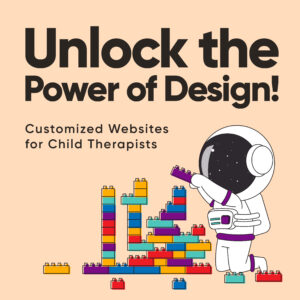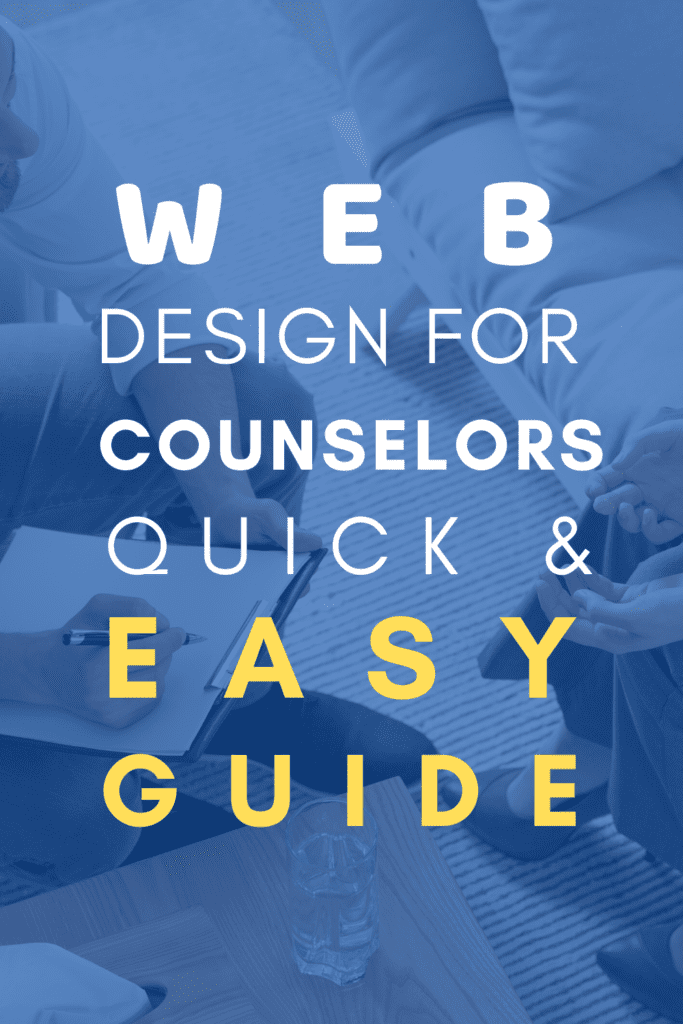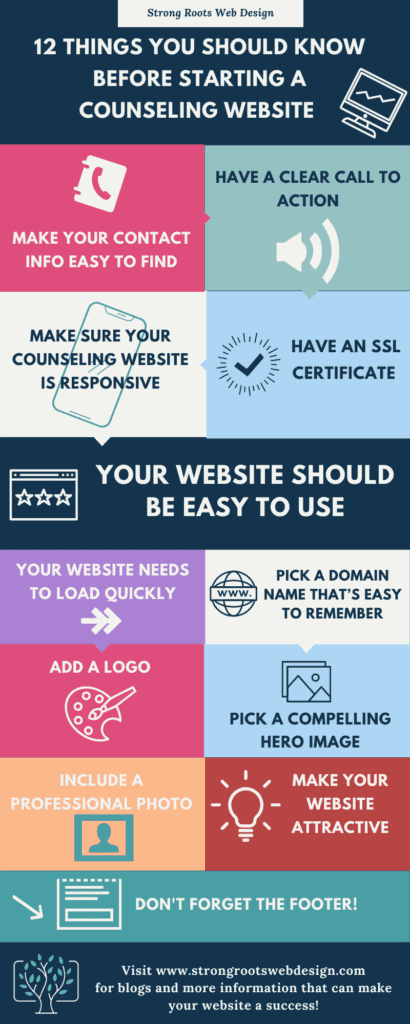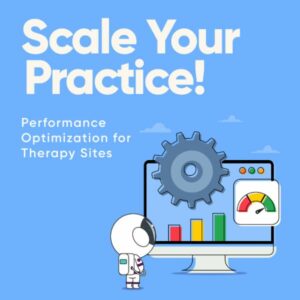
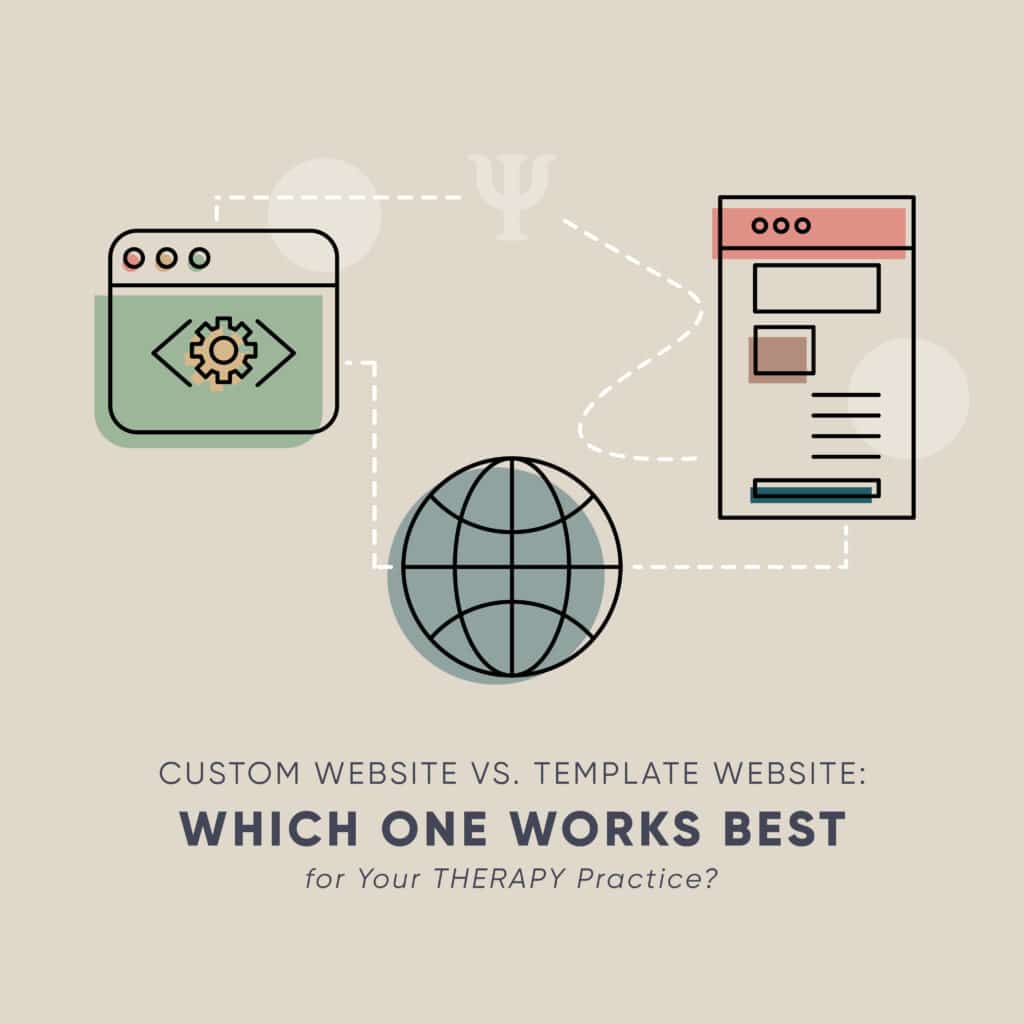
Custom vs Template Website: Which One Works Best for Your Therapy Practice?
Just how important is it for therapists, private practices, and mental health professionals to have a proper website? Do Website Templates do the job, or do you need something custom? This is a fundamental discussion that has changed a lot in the last 15 years.
Some of the people that I talk to about this subject have been in practice for 40 years, and they will often tell me that they’ve never felt the need to have a website. This might as well be true—especially for therapists who’ve had the privilege of starting their careers in the days before the internet.
But today, things are quite very different.
If you’re a therapist or if you run a private practice, your online presence is crucial in establishing yourself as a legitimate mental health professional. When people take an interest in what you do and the services you offer, the first thing they do is Google you—that’s just internet instinct.
Every time a potential client runs a quick Google search on you, you want to be able to reassure them that you’re a legitimate authority in your field, and that you’re someone who they can trust—and that’s what a polished, proper, and professional website is for.
When building a new website for your practice, you have two primary options to choose from—you can go the custom route and build your website from the ground up, or you can quickly cobble together a website off of a template.
Custom Websites
First, let’s talk about what a custom website is.
Built from the ground up, you can think of a custom website as the website equivalent of a bespoke tailored suit. If you go with the custom route, you will have a website that’s built specifically for your practice and particularly to your liking.
Going the custom route will give you and your web developer all the freedom to make your website do whatever it is you want it to do. You can make your website do cartwheels, if you want to.
A custom built website will be highly personalized and deeply customizable. From its design to its features to its foundational functionalities—a custom website will provide your visitors with a user experience that is much more on-brand with your practice.
Perhaps the only drawback is that going the custom route will require more money and time, as you will need to hire a skilled developer to build the entire website from scratch.
Therapist Website Templates
Now, let’s quickly go over what a therapist website template is.
Therapist website templates have increased in popularity in recent years. Template websites are especially common among entrepreneurs and small businesses who want to put together a website but don’t want to spend as much time and money doing so.
Therapist website templates are created from off the shelf themes that have built-in designs and functionalities ready to go. These themes typically include crucial aspects like HTML, CSS, and all the necessary codes that make for a fully functional website.
Therapist website templates are basically pre-made web pages that offer some level of customization. The appeal of templates lies in the simplified development process that allows people to have websites fairly quickly and cheaply. The drawback to this simplified process, however, is often at the expense of design, performance, and functionality.
It is worth noting that there are a number of good options available to you if you’re looking to create a website off of a template. Templates, for the most part, have made the process of creating a new website easier for people who just want something done quickly and inexpensively.
While a therapist website template might make for an easier, faster, more affordable option, a custom website is almost always going to be a better choice. This is particularly true when it comes to things like branding, search engine optimization, user experience and functionality, scalability and security, and maybe even cost.
Let’s go over these things one by one—
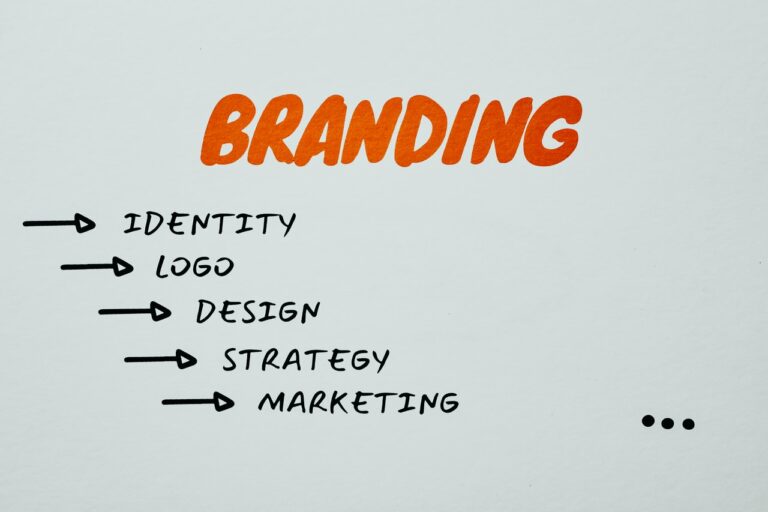
Branding
Your website is the online representation of your practice. Your website communicates your brand of mental health care to your target audience. Therapy websites with bright and hopeful design elements, for instance, tend to do better in attracting potential clients because they look and feel uplifting and inspiring.
Names, logos, colors, fonts, and brand messaging—these are just a few elements that go into designing your website. A custom website gives you and your web developer a very foundational level of control over all these elements, as well as in every conceivable aspect of web design.
A custom website is essentially a blank canvas on which you can paint a picture that creates a strong emotional connection with your clients. The level of control you have over very specific design elements will make it easy for you to build trust and loyalty with your target audience.
A therapist website template, on the other hand, still offers some degree of customization, especially the more expensive ones. However, you are still very much constrained to the parameters of the template, such as in its fundamental design and navigation.
Template websites simply cannot provide the same level of personalization that custom websites can. This limitation can severely compromise your ability to incorporate fundamental brand elements in the way your website interacts with your audience.
Websites that are built from off-the-shelf themes also tend to have a very similar appearance to other sites that share the same template. However, there are skilled designers who can work around this problem and make full use of customization options available to the template.
Regardless of how much tweaking goes into a template website, the design still follows a basic template at the end of the day. Chances are it will have noticeable similarities to other websites that are built off of the same template.

Search Engine Optimization
If you want to connect with your target audience and potential clients, then you’d want your website to rank positively on Google. Going the custom route will allow you to truly optimize your website to take full advantage of new SEO updates as they roll out from Google.
Making the first page of organic search rankings in Google is crucial to the success of any digital marketing effort. But this is especially true for therapy websites that actively target a particular segment of the population within a specific geographic area.
With Google placing heavy emphasis on elements that make for a user-friendly website—keywords, meta description, URLs, etc.—a custom website with a strong SEO foundation is key to establishing strategic client connections.
A therapist website template can be optimized for the most common search terms that apply to therapy websites. However, most templates don’t build their SEO around carefully identified SEO elements—like your geographic region or your services niches.
There are templates that come with built-in SEO functionality. Unfortunately, this additional level of functionality comes with a whole slew of features that may or may not necessarily be relevant to your practice—consequently weighing down the website in terms of load speed.
Additionally, template websites are known to be more vulnerable to browser compatibility issues. This most frequently happens when a template gets an update that doesn’t match well with a previously implemented customization. As a result, therapy websites built off of templates tend to linger at the bottom of the search rankings.

User Experience and Functionality
Outside of Google and search engine rankings, the measure of a successful therapy website is in how well it converts its target audience to actual clients. As such, it is crucial that your website provides a good user experience.
Going the custom route will allow you to strategically appeal to the population segment that matters most to your practice. Nobody knows the needs, hopes, and frustrations that drive your target audience better than you. Custom websites make it possible for you to add specific features that are particularly appealing and useful to your potential clients.
Depending on the unique nature, values, and philosophy that underlie your practice, your website can focus on accomplishing things that matter most to the people you want to help.
It is also equally important for your website to work seamlessly on both traditional computers (desktops and laptops) and mobile devices (phones and tablets).
Custom websites are constantly being tested to make sure that they’re fully responsive across all web browsers, across all devices. As both computer and mobile devices and browsers are constantly being updated, making sure that your website works properly across all these platforms is crucial to the success of your digital promotion.
Template sites, on the other hand, are only as good as the templates they’re built off of. Most templates nowadays are built to be responsive across various devices and web browsers.
Still, there are a few templates that have been around for a while, so they weren’t necessarily built to work well with the latest technology. This is especially true for older templates that weren’t originally intended to work on mobile devices.
If you’re looking to build your website off of a template, make sure that you carefully check the reviews and the history of both the template and its developer to minimize the risk of running into compatibility issues.

Scalability and Security
It’s important that your website has the inherent ability to grow alongside your practice. As you grow and evolve as a therapist, so too will your practice, and so should your website. An ideal website is one that constantly evolves to meet your changing requirements.
A custom website offers unparalleled scalability—it has no strict limitations on the amount of user traffic it can handle; its navigation structure can always be altered to better address the changing needs of your audience; it’s SEO capabilities are easily adaptable to respond to the most recent search engine ranking algorithms.
Additionally, going the custom route will give you the ability to add new features only when you decide that you need them, allowing you to work well within your budget.
Websites that are created from templates aren’t quite as adaptable and scalable to changes over time. However, if you’re looking to go the template route, there are a lot of templates out there that could readily match your current needs. However, depending on what your requirements are in the future, the rather limited scalability of a template website might prove to be problematic down the line.
Due to the one-size-fits-all approach to web development, website templates pack a lot of extra features that may or may not be useful to you. As a result, some of these unnecessary extra features can significantly slow down your website as traffic grows. These extra features can also create coding conflicts when you try to augment the functionality of your website in the future.
In terms of website security, it has been a specially important element to Google’s algorithms for many years now for obvious reasons.
Custom built websites, because of the relatively unique development process that goes into them, makes them less vulnerable to attacks.
Template websites, on the other hand, are particularly attractive targets to hackers as they can use a single piece of malicious code to hack into multiple sites built off of the same template.

Cost Comparison: Custom vs Template Website
Your website is an investment, make no mistake about it. Your website is an online representation of your practice, your professional brand, and all your marketing initiatives. Your website is where your potential clients and the rest of your target audience can learn more about you—24/7, 7 days a week.
Custom websites are not necessarily cheap. Unless you have the technical skills necessary to create one from scratch, you’ll have to hire a web developer to build your website for you. A high-quality custom website is often more expensive, and it will take more time to develop. This is because going the custom route means creating a website from the ground up with your own specifications in mind.
However, the upfront cost of going the custom route, both in terms of time and money, is often well worth investment because, at the end of the day, you will have a website that genuinely reflects the unique personality and philosophy that underlie your practice.
If you’re working within a tight budget, however, a template-based website is probably your best option. Template websites provide both pre-packaged design and functionality—saving you the cost of hiring a developer to do these things for you.
Don’t worry, it is more than possible to create a clean and functional website off of a template. The tradeoff, however, is in the overly familiar design, functional constraints, and security risks that come with the templates.
Custom vs Template website: So, Which One Works Best for Your Therapy Practice?
Regardless of which option you choose, you want to make sure that your website is well designed and well implemented. If you’re on a tight budget and all you need is a quick and simple website—then a template website might be a good enough option.
However if you have the resources, or if you need a deeply personalized and truly professional website—then a custom-built website is an investment worth considering.
Did you like this post? Share it!
Related Reads for Starting A Therapist Website
- Best Ecommerce Solutions for Small Business and Therapy Practice Websites
- Custom vs template website For Your Therapy Practice
- Tips on Website Design For Mental Health Professionals
- Advanced Features for Psychiatry Practice Websites
- The Benefits and Drawbacks of a Counseling Website Template: A Comprehensive Guide
- Web Design for Therapists and Healers
- 4 Ways to Identify Web Design Goals for Your Therapists Website
- Web Design for Psychologists
- Benefits of Getting Customized Therapy Website Builder Services
- Website For Forensic Psychology Practice
- Best Practices for Psychologist Web Design
- Building a Therapist Website That Works
- Customized Websites for Child Therapists
- User-Friendly Website Templates For Therapists
- Photos for Your Therapy Website | Counseling Stock Photos
- 4 Factors to Consider When Choosing the Best Mental Health Website Design
- Private Practice Therapist Websites: Secrets to Success
- Therapist Websites: 8 Myths Every Therapist Should Know!
Need any of the following?
Here are some Sample Websites We’ve Created:
Check out our Portfolio for more!
Hi! I’m Sarah.
I help counselors and therapists have a bigger impact on the world through better client connection. I do this by creating beautiful visuals and strategically designed websites.











